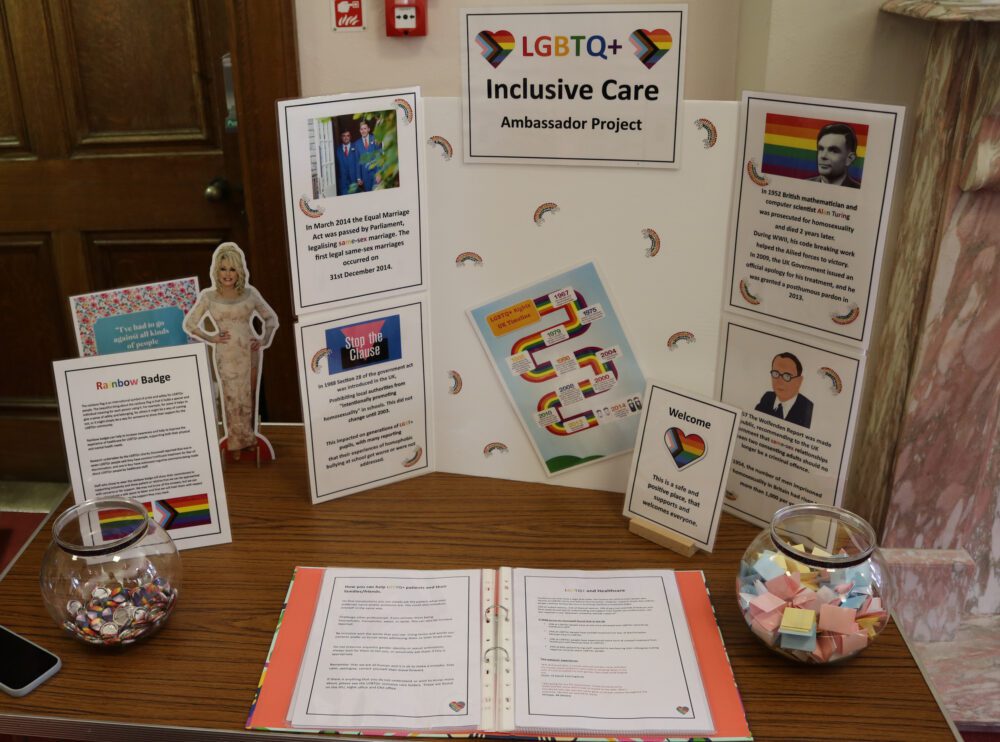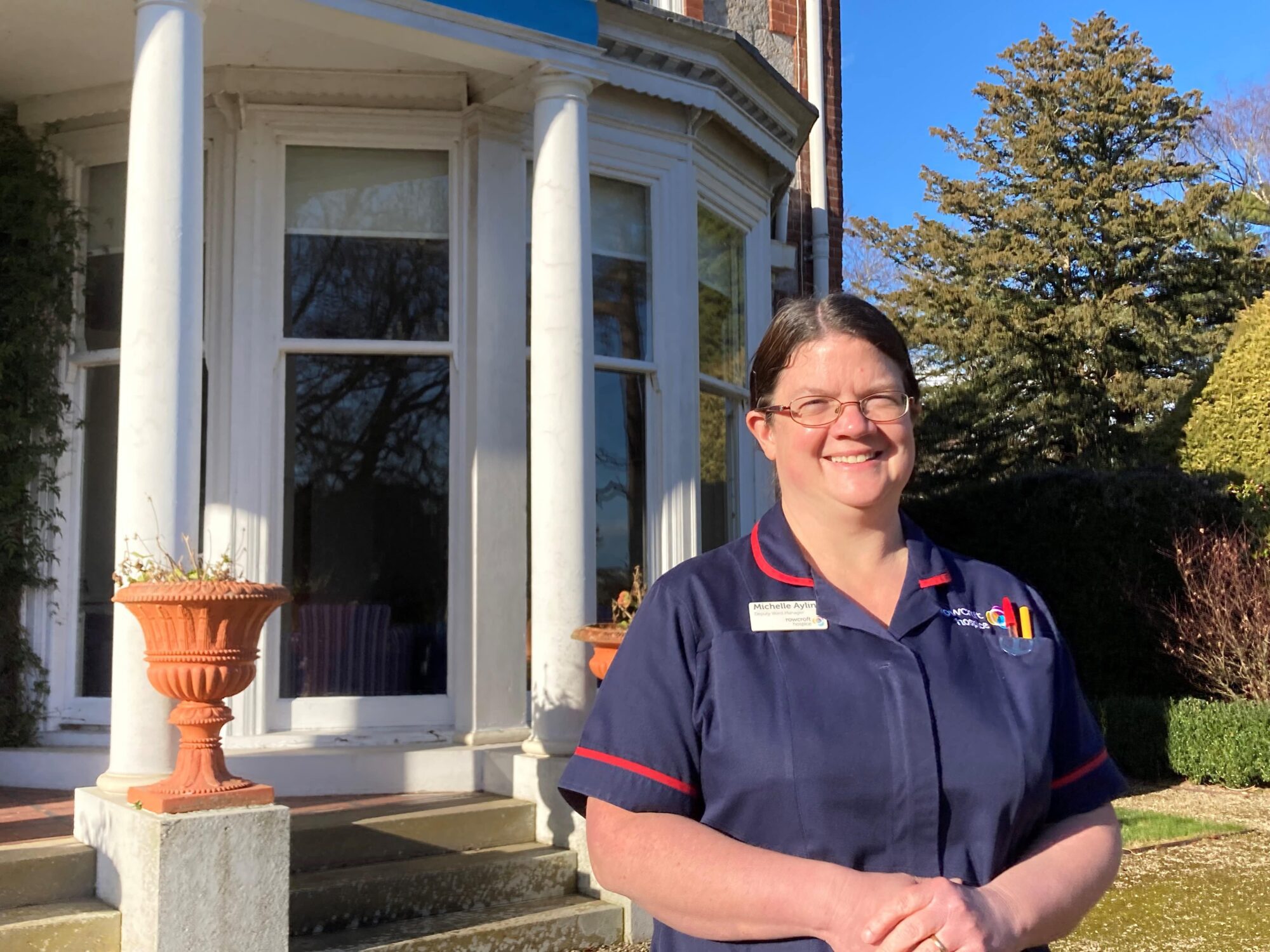Delivering great care for all
At Rowcroft, we believe that high quality end-of-life care should be available to all, regardless of people’s background or circumstance. Here Michelle Ayling, Rowcroft’s Inpatient Unit Manager, sheds some light on a few ways in which Rowcroft is working to ensure that our end-of-life care reaches people in all parts of our diverse community and that our care is expertly tailored to each person’s individual needs.
Care marked by empathy, respect, and equity for all
“Good end-of-life care requires utmost compassion and respect for every individual, and inclusivity is an essential part in ensuring that every person receives the support and dignity they deserve during their final journey,” says Michelle. “For people who are marginalised or vulnerable, it is important that we recognise and address the unique challenges they face, so that we can support them in the best way possible.”
Caring for homeless people
“Homeless people cope with immense hardship in their daily lives, facing lack of stable housing, poverty, social isolation, and significant barriers in accessing appropriate healthcare. With recent funding from the Masonic Charitable Foundation, Rowcroft’s community nurses are providing support to local homeless people. We are working in collaboration with healthcare providers, social workers, and other community organisations to ensure that we deliver holistic care for this vulnerable population, to provide physical, emotional, and spiritual support as they approach the end of their lives.”
Supporting our LGBTQ+ community
“Members of the LGBTQ+ community may encounter discrimination or a lack of understanding in healthcare settings, which can impede their access to inclusive end-of-life care. At Rowcroft, we’re working hard to create an environment that is sensitive and supportive. We’re helping colleagues to understand the use of appropriate pronouns, to acknowledge and respect diverse relationship dynamics, to foster open dialogue about individual preferences and concerns, and to enable chosen family members to be involved in decision-making processes. These are all important steps towards creating a more inclusive and supportive environment.”

Caring for people of diverse faiths
“Religion and spirituality play a significant role in many people’s lives, providing comfort and guidance, especially in times of distress. In end-of-life care, it is essential to recognise and respect the religious and spiritual beliefs of individuals from diverse faith groups, in order to provide inclusive culturally sensitive care for all that promotes comfort, dignity and peace during the final stages of life. At Rowcroft, we take a really broad and inclusive approach to spiritual care; it is about helping people to connect with whatever matters most to them – whatever that may be.
“We provide a beautiful sanctuary room – a welcoming and inclusive space for all that is available for quiet reflection, prayer, meditation, relaxation etc. We also facilitate access to faith group leaders, provide multi-faith resources and devotional aids, accommodate specific dietary requirements, respect different religious practices, rituals, and customs, and we collaborate with belief group leaders to facilitate a deeper understanding and effective support system for people of different faith groups.”
Tailored care
“Good end-of-life care for all is not just about ensuring that everyone can access our services; it’s also about tailoring our care to the specific needs of each unique individual. It is through collaboration, training, and promoting cultural sensitivity that we can ensure that every person, irrespective of their background, receives the compassionate and dignified end-of-life care that they truly deserve – care that is marked by empathy, respect, and equity for all.”
More blogs from Rowcroft

